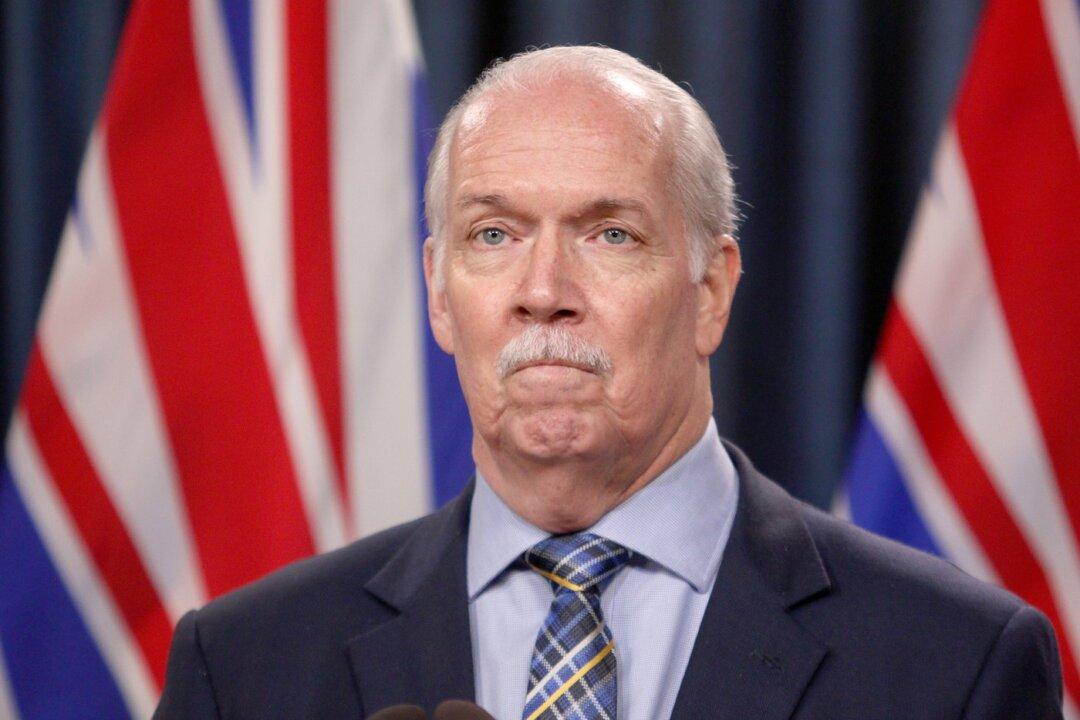Former British Columbia NDP Premier John Horgan is joining the board of a steel-making coal company, according to a recent report, and says he is aware that the move will likely draw some criticism.
Horgan, 64, who served as the province’s premier for five years before stepping away from the role last year due to health concerns, is joining the board of Elk Valley Resources (EVR), a private enterprise that is being spun off to shareholders from the Vancouver-based Teck Resources Ltd., according to the Globe and Mail.





